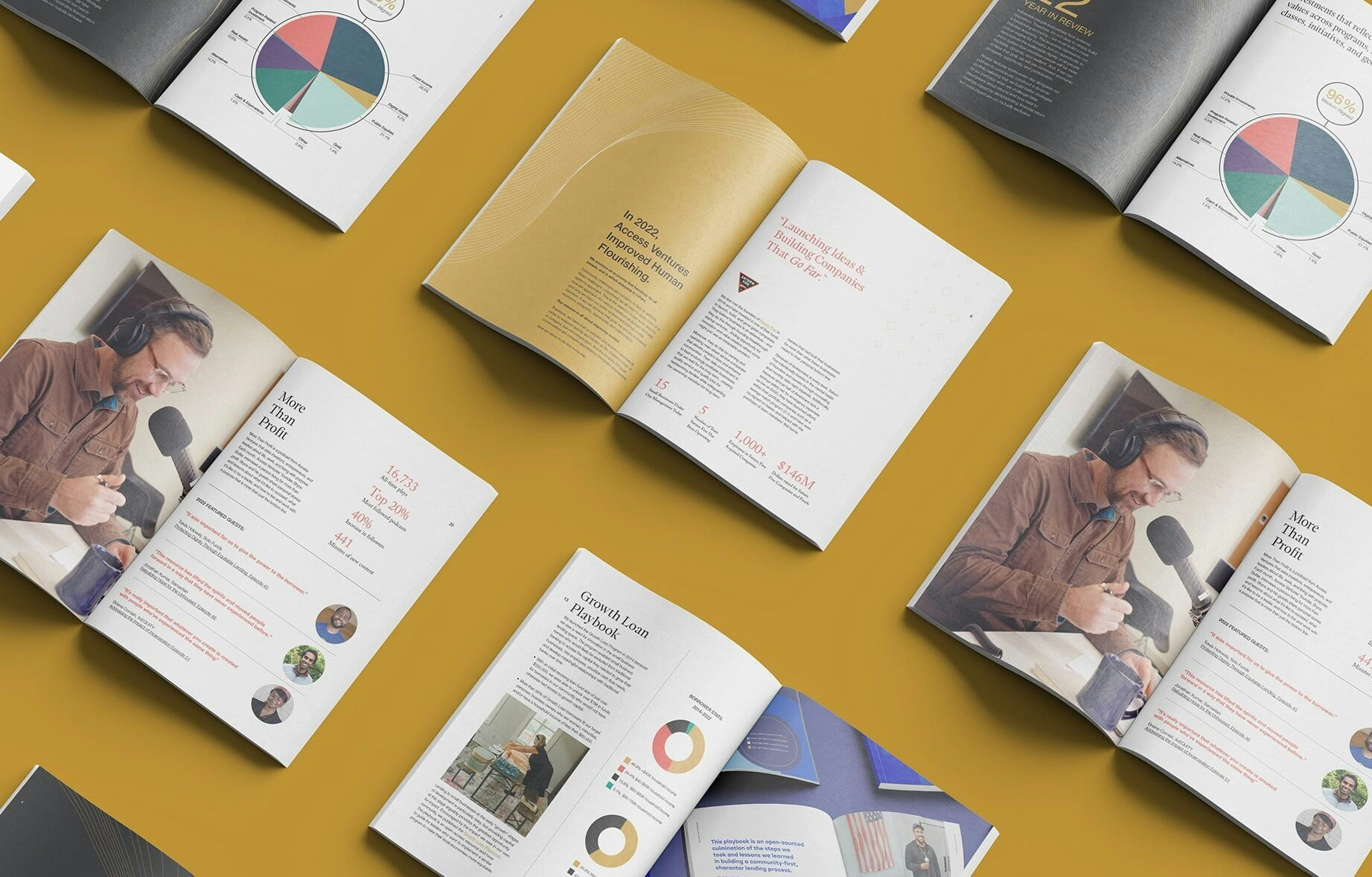Financial Advisors, Investment Managers Must Evolve to Maintain Relevance
In the last few blogs, we’ve explored the upcoming and ongoing trends of wealth management and one-pocket investing. From millennials cautiously beginning to invest to women confidently seeking to expand their role in the financial sector, there’s a growing need for an evolved financial advisor. Amplifying this need is another emerging trend: the rise of financial tech and so-called “robo-advisors” that are ready to meet the needs of these new, coming of age clients.
No matter the industry, technological and generational shifts always cause major disruption. Technology creates faster, more efficient ways of working, while new perspectives and experiences challenge the status quo. In the financial landscape, this disruptive behavior is putting pressure on advisors, prompting them to take a comprehensive look at their traditional practices and pushing them to evolve.
As the U.S population continues to age, baby boomers will begin passing their wealth to Gen Y (or millennials) and Gen Z heirs. In fact, an estimated $30 trillion of wealth will transfer from one generation to the next. This intergenerational transfer of wealth creates a unique and seemingly untapped opportunity for financial advisors ready to meet the unique and dynamic needs of a new generation of financial decision makers.
How New Clients Seek Guidance
As Gen Y and Gen Z begin to stake their claim in the investment and banking world, they’re bringing different perspectives and approaches with them. These Next-Gen clients take a much more active role in their investments. Growing up in a world that has seen an increase of information accessibility, Next Gen clients have a better sense of what they want and don’t want and, most importantly, are willing to back these decisions with research. So, Gen Z spends up to 10 hours a day consuming digital content and their millennial counterparts are spending nearly 9 hours online daily). Social media, video, and the 24-hour news cycle are flooded with information and influence from a wide variety of sources, inundating these younger audiences constantly. This readily-available information is driving Gen Y and Gen Z to expect the ability to make real-time adjustments to their investment portfolios. However, it is important to understand that while these generations are eager to shake up investing as we traditionally know it, these emerging generations have extremely different views on finance.
As millennials invest their wealth, there’s an overarching theme of values-driven investing. They seek to use their investments in ways that not only closely align but amplify their core values, perfectly embodying the one-pocket mindset. Combining philanthropic efforts with investment decisions, they don’t believe they have to compromise social impact for financial return, and vice versa.
Now, as Gen Z is coming of age and looking to invest their wealth, they’re doing things a little different than even their predecessors. Entering the financial world in a time of unparalleled economic growth, Gen Z is more interested in growing their savings to invest in their future. Taking a cue from their millennial peers that took on massive amounts of student debt, this generation is taking a “more pragmatic approach” with their personal finances by staying in-state for school, choosing a college major with high job availability, and saving rather than spending.

Meeting the Needs of New Clients
As the Next-Gen population seeks financial advisors they keep two things top of mind: greater connectivity and lower fees. In fact, both generations, 93% to be exact, say fee structure ranks of equal importance to actually selecting an advisor. So, for advisors, this means that loyalty will no longer play a primary role in client relationships.
Gone are the days of the traditional one-to-one environment between advisor and client. As the rise of digital investing platforms barrels forward, these new breeds of clients are more interested in investment experiences driven by emerging technology. While face-to-face communication holds great value, leveraging these digital tools to provide real-time advising not only offers busy clients greater availability but gives advisors a better opportunity to take a more tailored approach when meeting new clients’ changing needs.
Innovative companies and organizations recognized the need to support how this new generation embraces technology while balancing social and financial return. One embodiment of this innovation in Ethic, a leader “in the global transition to sustainable investing.” Simply put, the team at Ethic makes it easy for investors to make sure their investments match their values. To accomplish this, “Ethic built market-leading technology to automate the creation of sustainable equity investment portfolios, designed to track a chosen benchmark.”
“Financial advisors, institutions and leaders risk alienating an entire new generation of financial decision makers if they don’t evolve to align with their clients’ unique perspectives.”
Why this Matters
When it comes to cultivating client relationships with millennials and Gen Z, advisors should be transparent and engage clients in the strategic process. These investors (and in some cases philanthropists) don’t want to be instructed, they want to be involved. Financial advisors, institutions and leaders risk alienating an entire new generation of financial decision makers if they don’t evolve to align with their clients’ unique perspectives. For context, the holdings of family foundations in the United States total approximately $294 billion. That’s nearly $300 billion of our economy that will be influenced by the unique perspectives and experiences of a new generation; this transition is inevitable.
Can you imagine if these advisors and managers embraced these emerging perspectives and voices instead of dismissing them? Can you imagine the strides towards greater alignment of values and return, impact and capital, we would see in our communities and companies? We have a distinct opportunity to really step forward into a marketplace that is transparent, inclusive, restorative, and evolving.



